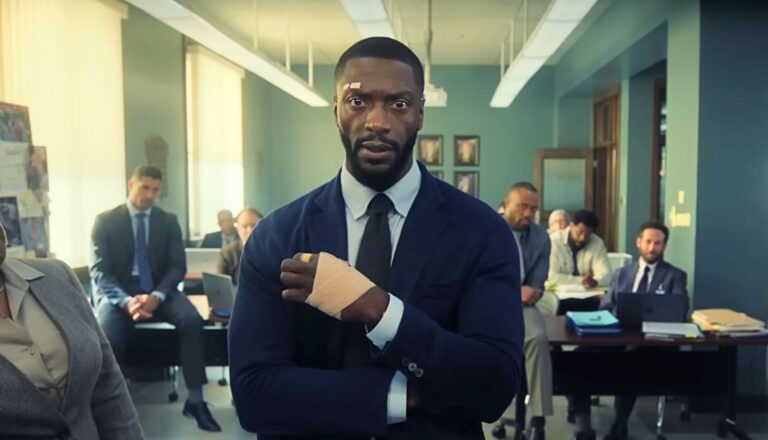
Cross
Though it’s compelling, the content concerns in Prime Video’s ‘Cross’ might be enough to cross it off your watch list.
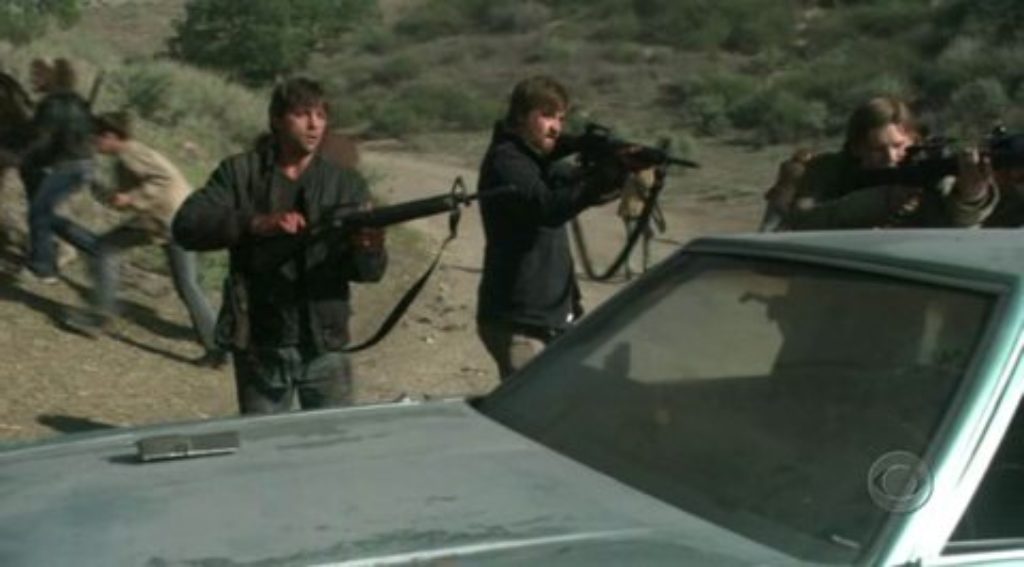
After nuclear attacks obliterate numerous U.S. cities, the surviving townsfolk of Jericho, Kan., initially worry about having basic utilities. But before long, with mercenaries threatening their borders and supplies waning, they just hope they’ll live to see another day. The same may be said of CBS’ apocalyptic drama, Jericho, which returned Feb. 21 after a 10-week hiatus. Will restless viewers come back, too? It may depend on how they felt about the show’s evolution last fall.
Early in the season the ensemble series showed restraint in its portrayal of modern civilization run amok. Conflicts centered on schoolhouse fires and bullies stealing horses. Trying to hold the town together through the post-attack bedlam was the admirable Green family, led by dad/ex-mayor Johnston (Gerald McRaney). Prodigal son-turned-hero Jake (Skeet Ulrich) came home after a five-year absence, but it’s unclear why he disappeared and what he did while away. That mystery and others will unfold slowly in weeks to come. (With so many characters and tangled plotlines, viewers often walk away with more questions than answers, à la ABC’s Lost.)
Enigmas notwithstanding, scripts celebrated the strength of the human spirit. Jake repeatedly risked his life to save those in peril, while Johnston and his wife, Gail, showed the boy remarkable forgiveness despite the pain he’d caused them. Also, the importance of community and perseverance has been obvious. “We know that every life matters,” Johnston said at a vigil. “We have to fight for every life, even when it seems hopeless, even when we’re afraid. Because the battle ahead isn’t just for our survival, it’s for our humanity.”
Impressive. However, producers apparently didn’t think such inspirational speeches were enough to hold an audience, so they colored later episodes with a darker, more ominous tone. Shootouts and deaths became common in what turned into an every-man-for-himself environment. We got more grisly depictions of the nuclear aftermath, questionable language, drinking binges and a subplot involving an extramarital affair. It’s hard to know what’s in store now that the drama has returned to prime time, though executive producer Carol Barbee forecasts a juxtaposition of flashbacks from a more innocent day and harsh, post-nuclear reality.
“You see the world alive—with music and beauty—before the bomb. It’s wild, refreshing and fun,” Barbee said of the upcoming glimpses of backstory. But any fun could be fleeting. As winter approaches, supplies dwindle and threats mount from sinister neighbors, it’s safe to say that Jericho’s post-apocalyptic present will only get more grim.
Episodes Reviewed: Sept. 20 – Nov. 29, 2006
(Editor’s Note: Plugged In is rarely able to watch every episode of a given series for review. As such, there’s always a chance that you might see a problem that we didn’t. If you notice content that you feel should be included in our review, send us an email at letters@pluggedin.com, or contact us via Facebook or Instagram, and be sure to let us know the episode number, title and season so that we can check it out.)

Though it’s compelling, the content concerns in Prime Video’s ‘Cross’ might be enough to cross it off your watch list.
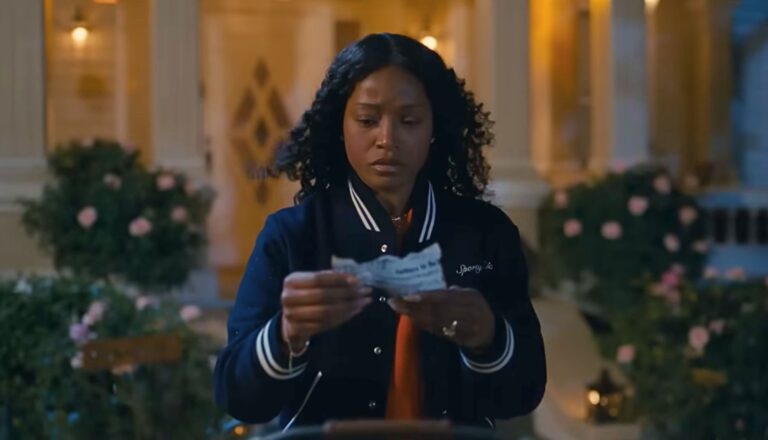
‘The ‘Burbs’ is Peacock’s attempt to adapt the 1989 movie of the same name. But a fresh coat of paint doesn’t hide the content issues.
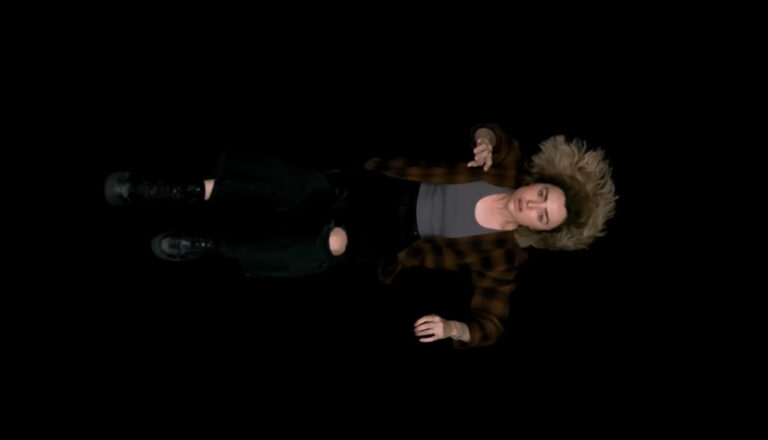
Don’t be fooled by the show’s teenage characters. Parents would be advised not to let their own teens be haunted by its content.
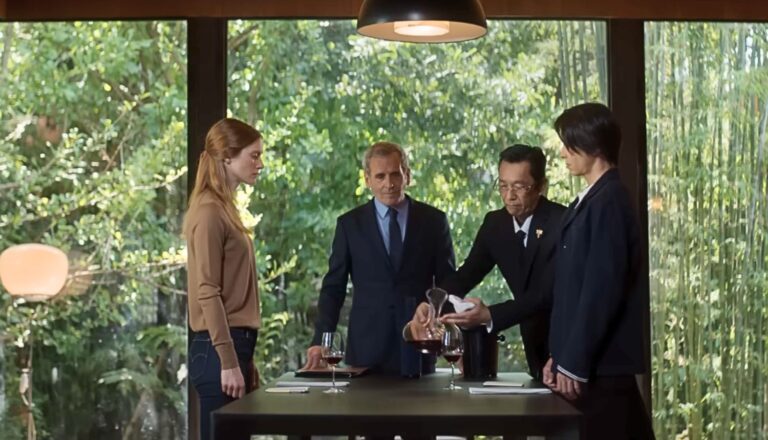
‘Drops of God’ focuses on a wine-centric competition, and it comes with notes of sexual content and some crude language, too.